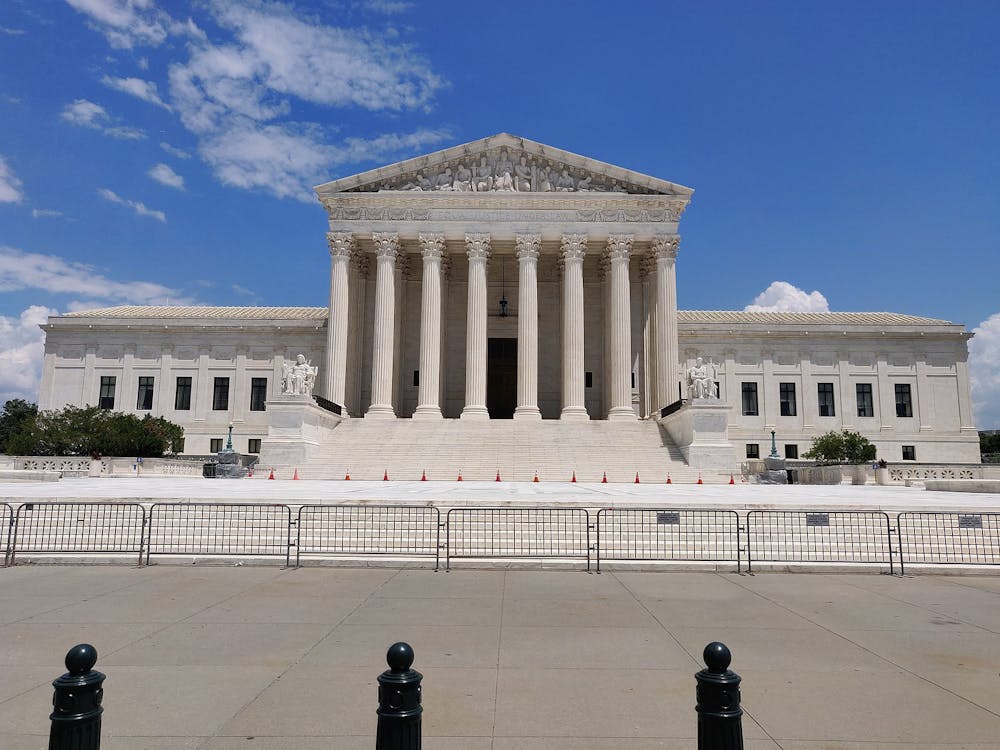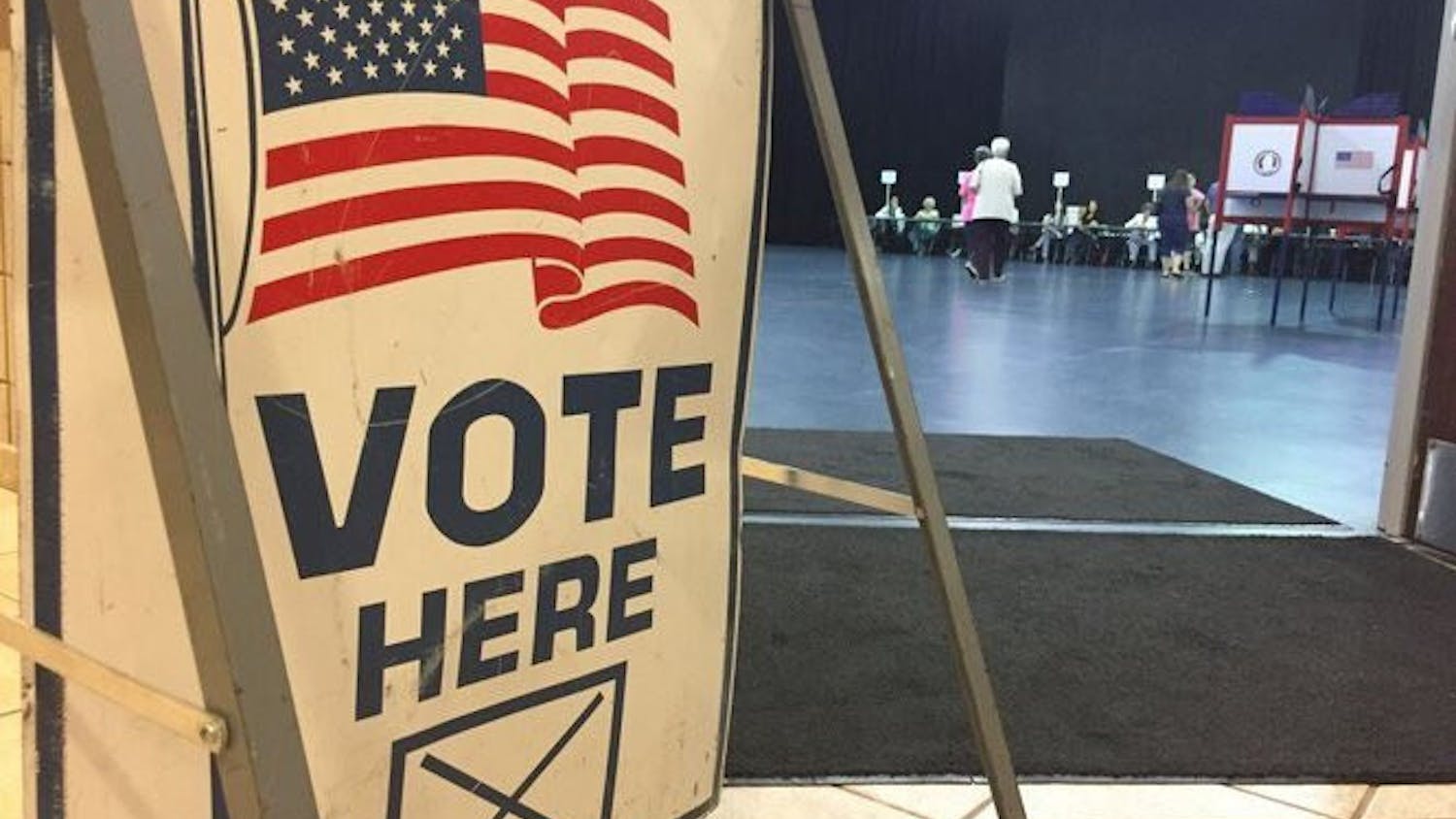By Shaim Akhtar
Staff Writer
The Supreme Court has recently been hearing oral arguments on whether to prohibit social media companies and platforms from removing posts or accounts based on content they deemed hateful.
The cases involve social media companies challenging a Texas law that prevents platforms from banning objectionable content from users unless an individual explanation is given. Alongside the Texas case, the Supreme Court is also deliberating on whether platforms can swiftly alter their terms of service, a practice prevented by new Florida media laws, according to NPR.
Many advocates for upholding Texas and Florida media laws claim that the laws are in place to ensure First Amendment rights are protected and political views are not censored by social media companies, according to The Washington Post.
However, according to the New York Times, social media corporations and critics of the laws believe that companies should have the right to make decisions about their own platforms under the First Amendment. Critics also argue that the law increases extremist content that the platforms previously would have taken down.
In the initial oral arguments, the Supreme Court justices voiced concerns that the laws might erode the platforms' editorial discretion, potentially infringing upon free speech protections. However, the justices also hinted at the possibility of not deeming all the provisions, such as regulating email and direct messaging, in the Texas and Florida media laws as unconstitutional, according to Reuters.
On the nuance of the cases, Justice Amy Coney Barrett said, “I mean, we don't have a lot of briefing on this, and this is a sprawling statute - and it makes me a little bit nervous.”
During the oral argument phase of the trial, multiple political and corporate leaders have expressed their beliefs on the laws.
“These tech companies, on the one hand, are private and normally a private company can house whatever speech or viewpoints it wants. In this case, these companies get liability protection from the federal government because they say that they’re not publishers, they’re not making editorial judgment about which speech is good and which speech is bad,” Florida Gov. Ron DeSantis said.
Conversely, Computer and Communication Industry Association CEO Matt Schruer, the co-plaintiff in the case, stated, “The arguments today showed that Florida and Texas are attempting to push unconstitutional laws that get the government’s role exactly backwards. The First Amendment protects individuals and businesses from the government – not the other way around. There is nothing more Orwellian than the government demanding what viewpoints are distributed in the name of free expression.”
While there is still a long path before the Supreme Court arrives at its final decision, there is no doubt that the result of the decision would have a significant impact on the relationship between social media and state laws.







